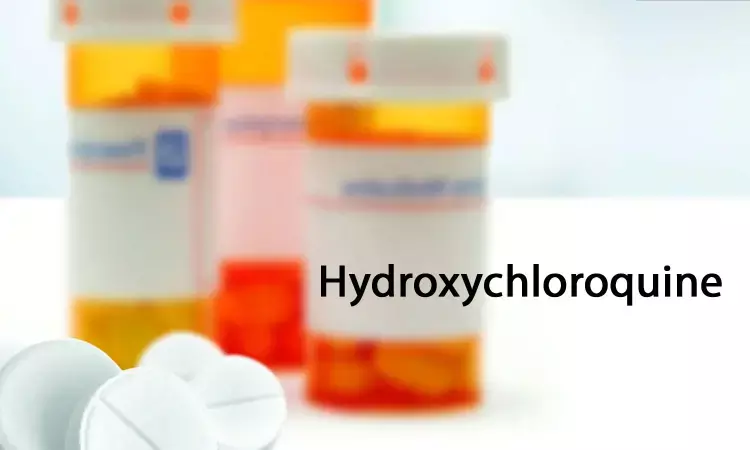- Home
- Medical news & Guidelines
- Anesthesiology
- Cardiology and CTVS
- Critical Care
- Dentistry
- Dermatology
- Diabetes and Endocrinology
- ENT
- Gastroenterology
- Medicine
- Nephrology
- Neurology
- Obstretics-Gynaecology
- Oncology
- Ophthalmology
- Orthopaedics
- Pediatrics-Neonatology
- Psychiatry
- Pulmonology
- Radiology
- Surgery
- Urology
- Laboratory Medicine
- Diet
- Nursing
- Paramedical
- Physiotherapy
- Health news
- Fact Check
- Bone Health Fact Check
- Brain Health Fact Check
- Cancer Related Fact Check
- Child Care Fact Check
- Dental and oral health fact check
- Diabetes and metabolic health fact check
- Diet and Nutrition Fact Check
- Eye and ENT Care Fact Check
- Fitness fact check
- Gut health fact check
- Heart health fact check
- Kidney health fact check
- Medical education fact check
- Men's health fact check
- Respiratory fact check
- Skin and hair care fact check
- Vaccine and Immunization fact check
- Women's health fact check
- AYUSH
- State News
- Andaman and Nicobar Islands
- Andhra Pradesh
- Arunachal Pradesh
- Assam
- Bihar
- Chandigarh
- Chattisgarh
- Dadra and Nagar Haveli
- Daman and Diu
- Delhi
- Goa
- Gujarat
- Haryana
- Himachal Pradesh
- Jammu & Kashmir
- Jharkhand
- Karnataka
- Kerala
- Ladakh
- Lakshadweep
- Madhya Pradesh
- Maharashtra
- Manipur
- Meghalaya
- Mizoram
- Nagaland
- Odisha
- Puducherry
- Punjab
- Rajasthan
- Sikkim
- Tamil Nadu
- Telangana
- Tripura
- Uttar Pradesh
- Uttrakhand
- West Bengal
- Medical Education
- Industry
WHO warns against using hydroxychloroquine outside clinical trials

Geneva: A senior official of the World Health Organization (WHO) has warned against using hydroxychloroquine or chloroquine, the drugs for malaria and other diseases, in the treatment of COVID-19, saying these drugs should be reserved for use "within clinical trials".
Responding to question on hydroxychloroquine or chloroquine being used to treat COVID-19 patients in certain countries, Dr Michael Ryan, executive director of the WHO Health Emergencies Programme, told a press conference on Wednesday that, despite that both drugs are already licensed for many diseases, at this stage, they "have been as yet found to be effective in the treatment of COVID-19 or in the prophylaxis against coming down with the disease", Xinhua reported.
"And in fact the opposite, warnings have been issued by many authorities regarding the potential side effects of the drug and many countries have limited its use to that of clinical trials or during clinical trials or under the supervision of clinicians in a hospital setting that's specifically for COVID-19, because of a number of potential side effects that have occurred and could occur," Ryan stressed.
"Having said that, again it is for each national authority to weigh and assess the evidence for and against the use of this drug," he added.
Ryan said that hydroxychloroquine and chloroquine are included in the ongoing "solidarity trials" that take place across multiple countries. "And as WHO, we would advise that, for COVID-19, that these drugs be reserved for use within such trials."
Dr Maria Van Kerkhove, technical lead of Health Emergencies Programme, noted that "As of today we have more than 3,000 patients enrolled from 320 hospitals in 17 countries, and so that's a show of solidarity and called the solidarity trial, but it's really a show of collaboration and willingness to work towards a common goal of understanding which therapeutics are safe and effective against COVID-19".
Medical Dialogues Bureau consists of a team of passionate medical/scientific writers, led by doctors and healthcare researchers. Our team efforts to bring you updated and timely news about the important happenings of the medical and healthcare sector. Our editorial team can be reached at editorial@medicaldialogues.in.


